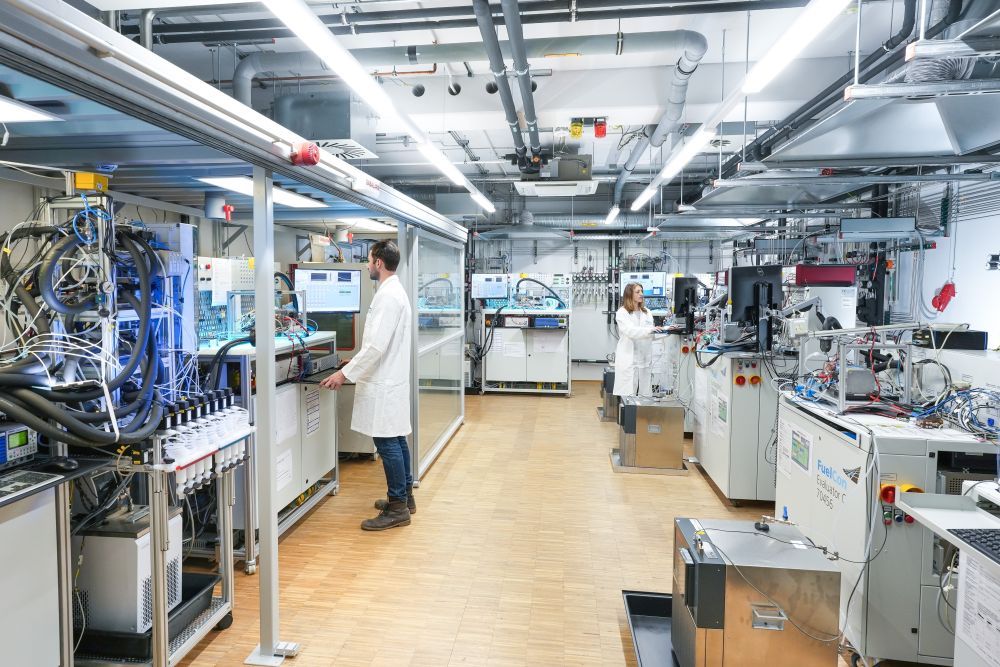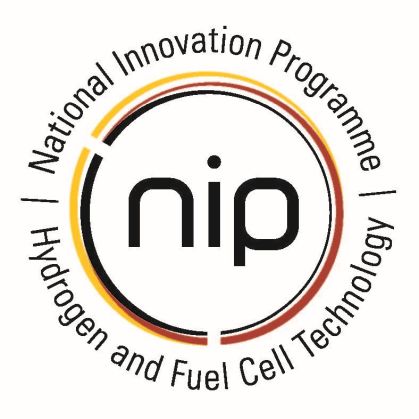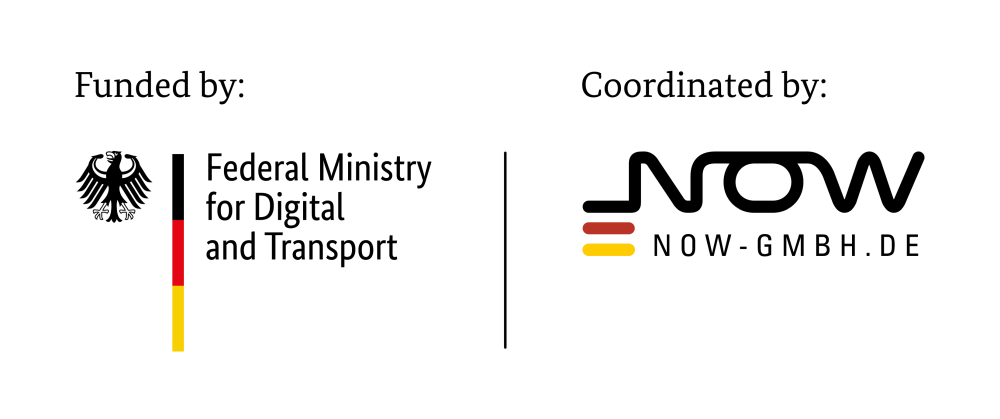| Duration: | 12/2022 - 12/2025 |
| Contracting Authority/ Sponsors: | Federal Ministry for Digital and Transport |
| Project Partners: | Zentrum für Sonnenenergie- und Wasserstoff-Forschung (ZSW) |
| Project Focus: |
BI-FIT – Break-In for Fuel Cells Initializing and Testing
In the “BI-FIT”project (Break-In for Fuel Cells Initializing and Testing), Fraunhofer ISE is investigating and optimizing the break-in process, i.e. the initial operation of the fuel cell. To this end, a fundamental understanding of the mechanisms involved is being obtained through scientific, robust analyses and research, and new break-in concepts are being developed so that the duration of the break-in can be reduced to a maximum of 60 minutes. The project is integrated into the “HyFab” project network, which is intended to create a knowledge base for the automotive and supplier industry in order to facilitate research into fuel cell production technologies.
Break-in is the process by which a freshly produced fuel cell stack is initially operated until it reaches its nominal power and shows homogeneous single cell voltages. Currently published break-in methods require between two and eight hours to fully activate the fuel cell stack and largely use materials that are not state of the art. Because of the time required, the break-in process is a major bottleneck in the ramp-up of fuel cell production and thus a major cost factor. The aim of the project is to shorten and simplify the break-in process using innovative concepts. The interrelationships between the production of the decisive component (the membrane electrode unit), the stack design, and the operating conditions during break-in must be taken into account and optimally coordinated with each other.
Our fully automated characterization of single cells enables us to identify crucial mechanisms during the break-in process. On this basis, we are developing novel break-in procedures and analyzing their influence on the lifetime of the fuel cell. Thanks to our in-house production of fuel cell catalyst layers, we are able to investigate the influence of production parameters on break-in. In addition, a pre-treatment step is being added to the production process to test whether this allows the break-in to be shortened or even completely replaced. All of this is done in close consultation with the project partners who are researching break-in on short stacks.
The initial aim of the project is to gain a fundamental understanding of the break-in of state-of-the-art materials. For this purpose, the key activation mechanisms that take place in the fuel cell and short stack will be identified. The project’s main goals are the development of innovative break-in procedures and the investigation of their influence on the lifetime of the fuel cell, which are key factors in the market ramp-up of fuel cell production. By simplifying the break-in process and shortening it to a maximum of 60 minutes, the project aims to reduce the costs of the process from about 5 percent to 1 percent of total manufacturing costs.
The project "BI-FIT" (Break-In for Fuel Cells Initializing and Testing) is funded by the German Federal Ministry of Digital Affairs and Transport within the framework of the National Innovation Program Hydrogen and Fuel Cell Technology with a total of 1,015,210.00 Euro. The funding guideline is coordinated by NOW GmbH and implemented by Project Management Jülich (PtJ).


